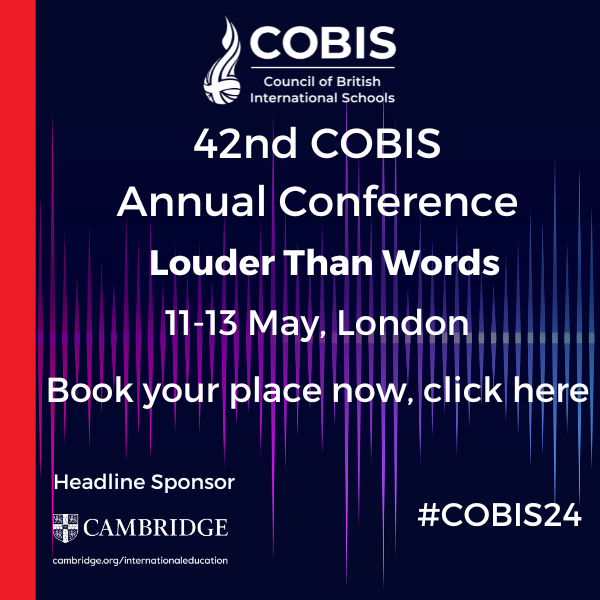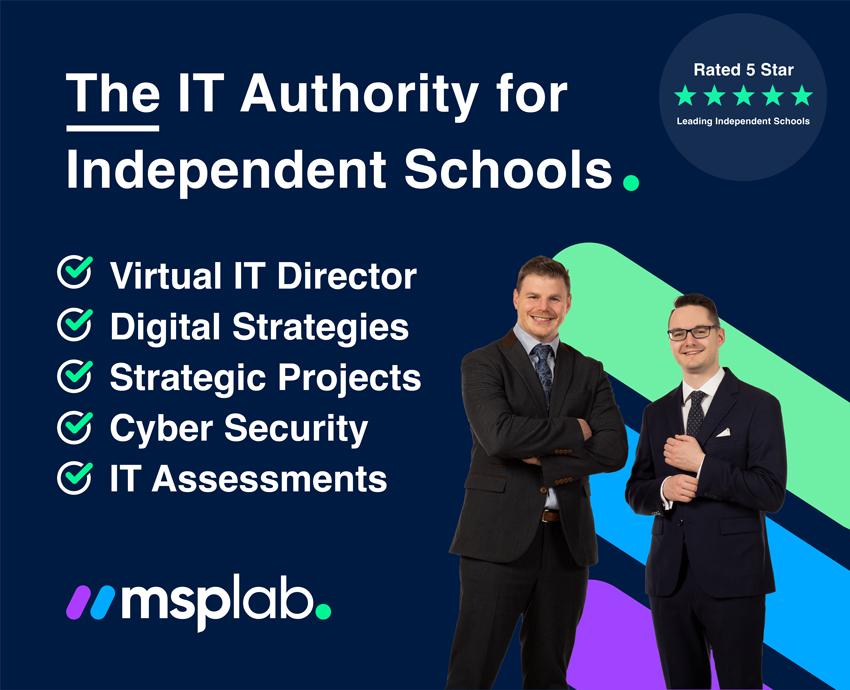Last month, the results of the latest IPPR thinktank poll on what we think of our politicians showed a significant decline in the faith we have in our leaders. The findings stated that 63 per cent of the population believe politicians are in it for themselves while only 5 per cent believe they are in it for the country’s best interests.
There are many reasons for this decline, including, of late, various scandals and allegations about donors, gifts and contracts and the recent debacles about parties at Number Ten. The indubitable conclusion, however, is that most of the public no longer trust those who purport to lead us – and that should worry us all.
There is a particular reason why this should be of particular concern to the independent sector and that is the fact that most of the current crop of leaders, notably those implicated in the various acts of impropriety were educated at independent schools.
From that evidence, it might be assumed that the failure sits within these schools and that instead of embedding the principles of service and a sense of civic responsibility in their students, they are fostering instead, however inadvertently, a sense of entitlement and self-interest.
“Schools are judged by the deeds of former students whose characters and values were wrought long before they entered the school gates.”
While the media make much of the schools that many of these individuals attended, the schools find themselves in an invidious position. They are judged by the deeds of former students whose characters and values were wrought long before they entered the school gates and nurtured after they left by like-minded individuals. It is a situation largely outside of each school’s control, but which can still be mitigated to some degree.
Undoubtedly, we place too much emphasis on the ability of schools to shape the character of their students, and for schools to be constantly called out for the sins of their alumni is neither fair nor helpful.
After all, just as state schools are responsible to the state, independent schools are responsible to their constituents, dependent on the very families who choose to send their children to them. Independent they may profess to be, but they are tied in almost every regard to the values and expectations of their parents, governors, and old pupils.
So when we ask why have so many leaders who came through independent schools in the seventies and eighties behaved with such disdain, arrogance and lack of empathy towards those they purport to lead, the schools have had surprisingly little to do with it. The schools merely gather children together with others of similar backgrounds thereby producing aspirational, safe, socially segregated environments bound by strong and cohesive parental networks.
“Independent schools are tied in almost every regard to the values and expectations of their parents, governors, and old pupils.”
When considering those who have travelled this journey, we can plead the limitations of schools to change deeply rooted views, prejudices, attitudes, and instil values and ethics consistent with their mission statement.
However, while schools are held hostage to some degree, they should not expect complete absolution. It is right that we ask why some of those who have had a privileged education have apparently learned so little about basic human values and whether, as a society, are still doing enough to educate some of our most able students in EQ and values.
The foundations of our great schools, such as Eton and Harrow, established under Royal Charter as charity schools to provide free education to the poor of their Parishes, were undoubtedly well-intended. The same could be said of the many schools founded around principles of public service and a readiness to contribute to society.
In recent years, especially as schools have been made accountable for their charitable status, more attention is given to community involvement and charitable works and state-independent partnerships. But there is a way to go.
“It is right that we ask why some of those who have had a privileged education have apparently learned so little about basic human values.”
While striving to protect their ethos and values in the face of changing societal expectations is challenging, most independent schools adhere to an ethos based around service and community as a bulwark against criticism. There are many examples of teachers, largely through historic reports, trying to address behaviours and values contrary to those of their school, few better expressed than Boris Johnson’s housemaster, Martin Hammond who noted in a letter to the student’s father:
“Boris sometimes seems affronted when . . . criticised for what amounts to a gross failure of responsibility. I think he honestly believes that it is churlish of us not to regard him as an exception, one who should be free of the network of obligation which binds everyone else.”
Such refreshing honesty, alas, is no longer countenanced. Schools attempting to change the behaviours and views of individual students who have the unequivocal support of their parents is a daily challenge; affecting a change in the culture of a whole school is quite another matter.
Yet it is a mistake to see independent schools as one homogenous body. They are not. Many independent schools, one senses, take pains to distance themselves (or are themselves distanced) from the public utterings and actions of their more prestigious colleagues.
“It is a mistake to see independent schools as one homogenous body.”
Rather than accept the position that they are subject to the demands of parents who are paying substantial fees to help their children succeed in the company of similarly like-minded families, however, schools need to be bold.
Inevitably, they will continue to be pulled in different directions at the whim of the marketplace, but to maintain standards, and in the long term, their reputation, they need to keep re-examining themselves and their offering.
Would it be wrong to dismiss the prevalence of the challenge, by seeing the crisis in trust as an historical issue, forged in the days of bullying and class hierarchies?
Or is there still something that independent schools need to address today, both in countering an aggressive media and challenging the inadequate definition of what makes a successful education.
I am sure that most, if not all, independent schools, would argue that, by and large, this is an historical overshoot, that the days of swagger and sense of entitlement are over.
But social stratification, class, social entitlement, new networks, the insider trading of contacts in independent schools are not going to go away, regardless of what schools do (and especially where schools are often hamstrung by governing bodies or the marketplace).
“Most independent schools would argue that the days of swagger and sense of entitlement are over.”
It is not easy managing expectations and stripping the sense of entitlement from aspiration. In some instances, the actions of schools merely exacerbate the problem: the well-meaning proliferation of school networks, for instance, set up to provide support after leaving school through the rest of their lives, will undoubtedly entrench privilege yet further.
It is not difficult to communicate values and beliefs to intelligent students in lessons or assemblies. What is less easy to achieve is to teach children to think ethically, to challenge their presumptions, about rights and responsibilities, to question their aspirations and goals and to engage them more deeply.
Students need to be challenged to think outwardly and to have their aspirations of wanting to succeed challenged and, if necessary, redefined. They need career advice linked to ethical considerations, so that it is not just accessing the best universities and the very best jobs, but about their roles and responsibilities as members of wider society.
“Students need career advice linked to ethical considerations.”
Trust is not earned lightly. The fact that we have leaders whose relationship with the truth is so fleeting is something independent schools and universities need to confront, in their offering, in their pedagogy, to help restore trust in our society.
For independent schools, it is not easy when parents hold sway and so, as well as their students, more time needs to be given over to educating parents and the wider school community. It may not come without some cost and parental kickback, but that is the challenge of leadership. That is the challenge for independent schools.
An extended version of this article will soon appear at www.petertait.education




















